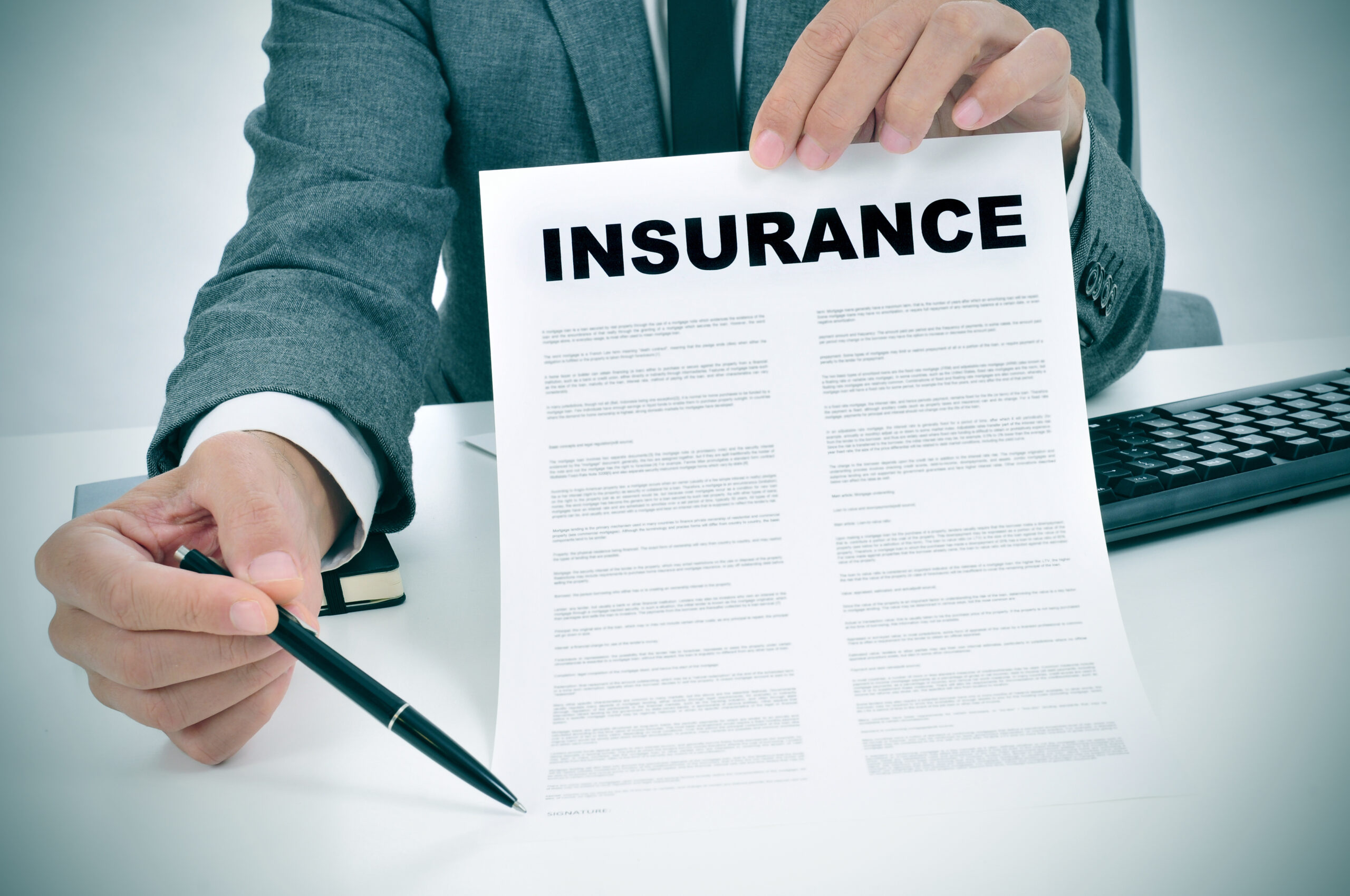It’s so important to have the right insurance coverage for your home and/or business. Never at the top of that to-do list, reviewing your insurance policy is key! Policies vary widely. The lingo is confusing. And that often leaves many policyholders in the dark when faced with damage.
CJ Claim Services has over 15 years of Public Adjusting experience helping property owners with insurance claims due to hurricane, flood, water, fire, hail, and other major weather events and natural disasters. Our CEO, Christopher Johnston, also has an extensive background as an Insurance Adjuster and vast experience in construction and restoration. We find all too often that homeowners have inadequate policies, and unfortunately, they don’t find out until it’s too late. It’s our mission to make sure you’re not another “undercovered” statistic.
Are You Covered?
1. Exclusions & Additional Coverage
There are exceptions to what’s covered, and policies vary. An exclusion is something that isn’t covered, and these are usually noted in the fine print. Standard policies do not cover flooding, earthquakes or poor maintenance. Many assume that the policy automatically includes coverage for any type of weather damage. Flood coverage is provided by the federal government’s National Flood Insurance Program. Flood insurance takes 30 days to take effect, so it’s important to have it before you need it. Earthquake coverage is packaged as an endorsement or as a separate policy. If you live in an area prone to landslides, mudslides, or wildfires, it’s important to have the right coverage.
2. Deductibles Vary
When you’re faced with damage and file a claim, the deductible is subtracted from your claim payment. The higher the deductible, the lower the policy’s total cost. A deductible can be either a specific dollar amount or a percentage of the total amount of insurance on a policy. These vary by carrier and policy. Understand your deductibles and what you’re comfortable paying.
Hail & Wind Deductibles
Hail and wind deductibles are usually paid as a percentage, usually ranging from 1-5%. Flood insurance provides a range of deductibles. (Source: Insurance Information Institute)
Flood Deductibles
Flood damage is not covered by standard homeowners insurance or business policies. If your property is located in a high-risk flood zone, FEMA recommends purchasing a flood insurance policy. Find out whether you’re in a flood-prone or high-risk area with FEMA’s Flood Map Service Center. You can still be in danger of loss from a flood, even if you don’t live in a high-risk flood area.
Hurricane Deductibles
Hurricane deductibles generally take the form of a percentage of the policy limits, and tend to be higher than other policy deductibles. These deductibles are calculated as a percentage of your property’s insured value. The typical hurricane deductible is between 1-5%. Policies in some coastal areas could have an even higher deductible. (Source: Insurance Information Institute)
Earthquake Deductibles
Earthquake damage is not included in standard homeowners’ insurance policies. Earthquake coverage has percentage deductibles ranging from 2-20% of the replacement value. If your property itself is destroyed, this can help you to rebuild. The cost of this coverage varies geopraphically, depending on the likelihood of a major earthquake. (Source: Insurance Information Institute)
3. Home Valuation & Inventory
Be sure to get an expert evaluation of your property value and possessions so you’re adequately covered. Keep an inventory of your equipment, computer, electronics, furniture, jewelry, art, and other items of value. Save receipts. Remember to account for property inflation and possible depreciation of your belongings.
4. Ask Questions
To determine if your policy is adequate for your needs and geographic area, call your agent and ask a lot of questions. Your agent will explain the fine print, the details, deductibles, exclusions, and make recommendations based on your needs. If your agent doesn’t do that, it’s time to shop around. Advanced agent designations include Chartered Property Casualty Underwriter (CPCU), Certified Insurance Counselor (CIC), Chartered Life Underwriter (CLU) or Accredited Adviser in Insurance (AAI).
5. Quality Is Key! Cheaper Is NOT Better. Neither are Big Names.
Coverage and quality of insurance is key! You may need this insurance at a very devastating time, so it’s important to buy enough insurance so that the policy will repay the cost to rebuild or restore the property and replace its contents. When reviewing insurance companies, check their reviews and see if they have a good track record of paying claims promptly and fairly. Remember, just because a company is more well-known with a catchy slogan and has a large advertising budget, doesn’t necessarily make it better. Shop around and get at least three quotes.
About CJ Claim Services
Our expert team at CJ Claim Services helps you navigate the insurance claim process. We fight for fair and balanced settlements for policyholders. If you’ve suffered property damage, we’ve got you covered! Whether you have a new claim, a previously denied claim, or you’d like an expert opinion on a previously underfunded claim, we can help. Contact us today at 504-252-8204 for a free assessment!
RESOURCES
